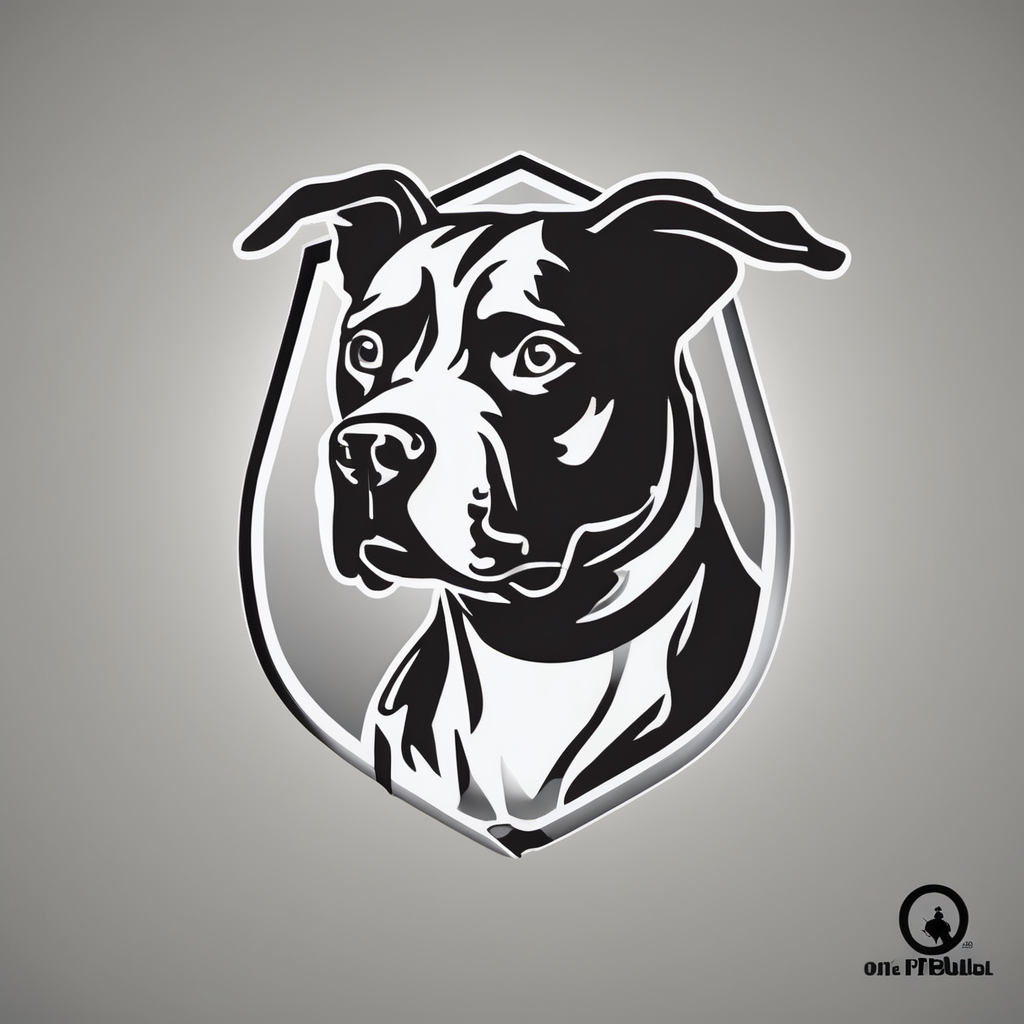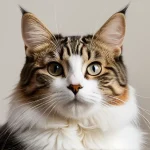The Rising Popularity of Unusual Pets in UK Households
Unusual pets UK ownership is soaring as more families seek distinctive companions beyond traditional cats and dogs. This growth reflects shifting pet ownership trends, emphasizing unique and exotic animals that intrigue and challenge owners alike. Exotic pets adoption in the UK covers a wide range of species, with reptiles such as geckos and snakes, exotic mammals like sugar gliders, and invertebrates including tarantulas becoming household fixtures.
Data shows a notable increase in adoption rates for these species, particularly among younger demographics eager to engage in novel pet care experiences. This trend is not just about owning pets but embracing a lifestyle that values biodiversity and the educational value unusual pets offer.
Also read : What are the best practices for grooming your pet guinea pig?
Families adopting unusual pets UK often report satisfaction with the variety and uniqueness these animals bring, despite the higher commitment levels required. Understanding pet ownership trends helps reveal how evolving lifestyles and interests push UK households to diversify their pets, prompting adaptation of home environments to suit the needs of these exotic companions.
Exotic pets adoption, therefore, represents a broader cultural shift that acknowledges and celebrates the appeal of the unfamiliar, blending curiosity with responsible care to foster enriching human-animal relationships.
In parallel : What are the common misconceptions about keeping exotic fish as pets?
Transforming Family Lifestyles: Daily Life with Unusual Pets
Small changes make a big difference in living with exotic companions.
Living with unusual pets UK requires significant adjustments in daily routines. Unlike traditional pets, these animals often have specialized dietary and environmental needs. For example, reptiles such as geckos need temperature-controlled habitats with precise humidity, while exotic mammals like sugar gliders require social interaction and carefully balanced diets.
Households must plan for these specific needs by adapting living spaces to accommodate terrariums, enclosures, or specialized tanks. Safety is paramount; many exotic pets require secure, escape-proof environments to protect both the animal and family members. Compared to cats or dogs, daily care for exotic pets can involve more meticulous tasks such as habitat cleaning, monitoring temperature, or feeding live insects.
Time commitment varies but often includes routine checks throughout the day to ensure the well-being of these unique animals. Families embracing unusual pet family life find that integrating these needs encourages structured schedules and heightened awareness of animal welfare. Overall, thoughtful preparation and dedication to daily care routines are essential for thriving, responsible exotic pets adoption in the UK.
The Rising Popularity of Unusual Pets in UK Households
Ownership of unusual pets UK is growing swiftly, driven by evolving pet ownership trends that embrace diversity beyond conventional cats and dogs. Exotic pets adoption in the UK frequently includes reptiles such as bearded dragons and snakes, exotic mammals like sugar gliders and ferrets, as well as invertebrates including tarantulas and hermit crabs. These animals appeal especially to younger families seeking distinctive experiences and a break from traditional pet care.
Recent studies highlight a significant increase in adoption rates for such species, with data showing that urban households and first-time pet owners are particularly drawn to unusual pets UK. This demographic tends to value the educational and engaging aspects of caring for exotic companions, viewing pet ownership as a way to foster curiosity and empathy.
Moreover, the surge in exotic pets adoption correlates with greater accessibility to specialized pet stores and online resources, supporting informed choices and proper care. Families embracing unusual pets UK often emphasize the enriching lifestyle these animals offer, despite the heightened commitment required. This trend reflects a broader shift towards personalized pet ownership, blending fascination with responsible animal stewardship in UK homes.
The Rising Popularity of Unusual Pets in UK Households
Unusual pets UK ownership continues to expand rapidly, reflecting evolving pet ownership trends that favour diversity and novelty. Families increasingly opt for exotic pets adoption, selecting animals like reptiles—such as bearded dragons and iguanas—exotic mammals including sugar gliders and ferrets, and invertebrates like tarantulas. These species appeal due to their unique characteristics and the engaging care they require.
Recent data shows adoption rates rising particularly among younger, urban families who seek meaningful interactions through pet ownership beyond traditional cats and dogs. This demographic appreciates the educational and ecological value of unusual pets UK, often treating pet care as a way to connect with nature and learn responsibility.
The availability of resources and specialized retailers supports this shift, enabling informed choices and proper care standards. Moreover, unusual pets UK ownership often reflects a lifestyle dedication, requiring families to invest more time and adapt home environments accordingly. This dedication highlights a move towards personalized pet experiences that merge curiosity with responsibility, underlining the transformative impact of exotic pets adoption on UK households today.
The Rising Popularity of Unusual Pets in UK Households
Unusual pets UK ownership is evolving rapidly, with exotic pets adoption increasingly popular among diverse demographics. Notably, pet ownership trends reveal a strong preference for reptiles like bearded dragons and snakes, exotic mammals such as sugar gliders and ferrets, and invertebrates including tarantulas and hermit crabs. These varied species attract families drawn to the uniqueness and educational aspects they provide.
Statistics indicate that younger urban populations and first-time pet owners lead the rise in unusual pets UK adoption rates. This group values the distinctive characteristics and interactive care these animals demand, linking exotic pets adoption to lifestyle choices that emphasize curiosity and responsibility. The trend also corresponds with improved access to specialized resources, enabling owners to make informed decisions and maintain proper animal welfare.
In summary, the expanding ownership of unusual pets UK exemplifies a shift from conventional companion animals towards more personalized pet experiences. Families engaging in this trend often embrace the challenges and rewards of caring for these uncommon creatures, reflecting broader changes in pet ownership culture within the UK.
The Rising Popularity of Unusual Pets in UK Households
Unusual pets UK ownership continues to surge, reflecting dynamic pet ownership trends driven by curiosity and a desire for distinctive companionship. Families increasingly embrace exotic pets adoption, favoring species such as reptiles (bearded dragons, snakes), exotic mammals (sugar gliders, ferrets), and invertebrates like tarantulas and hermit crabs. These animals attract owners looking for engaging, educational experiences outside traditional cats and dogs.
Recent statistics highlight a marked rise in adoption rates, particularly among younger urban families and first-time pet owners. This demographic is drawn to the novelty and interactive nature of unusual pets UK, viewing care routines as a way to build responsibility and foster empathy. The appeal lies not only in their uniqueness but also in the opportunity to connect with nature in a more individualized manner.
Accessibility plays a crucial role—specialized pet stores and online platforms make exotic pets adoption feasible and well-informed. This infrastructure supports welfare and encourages owners to invest in proper habitats and nutrition. Consequently, pet ownership trends indicate a broad cultural shift towards personalized, responsible care that celebrates biodiversity while challenging traditional pet paradigms.

